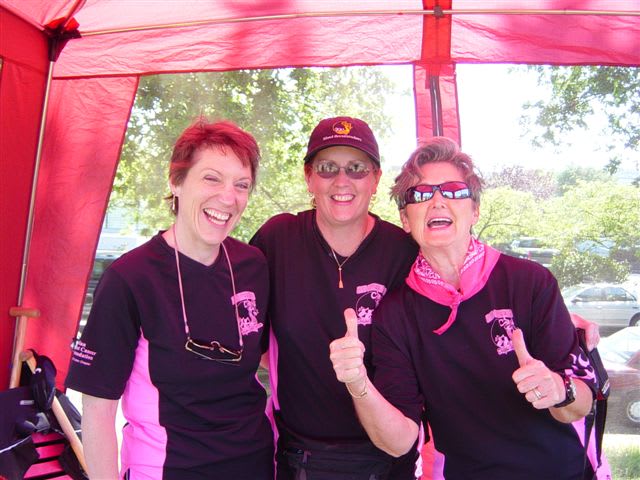A Few Thoughts on the Future of Cancer Research and Care
February 28, 2014
Found in Breast Cancer, Clinical Trials, Colorectal cancer, Genomics, Immunology
Hi – this week I was hoping to talk a little about how cancer treatment may look five years from now. Honestly speaking, that is something that is really difficult to predict. One of the remarkable things about science and research is that you really do not know where it is going to take you. We often try a treatment for one type of cancer and then it ends up working for a completely different type of cancer. This is what keeps everyone on their toes.
One of the big things that people are talking about in all areas of medicine is the promise of gene sequencing to unlock the mystery of disease. Many see this as the final frontier in medicine and an area that we can now look at much more closely because the cost of gene sequencing has come down so dramatically. To put it one way, the speed of gene sequencing has increased by more in the last 10 years than the speed of computer processors have increased in the past 30 years. The costs have decreased even further. So the new technology has allowed us to look even deeper into the human body and individual cells.
There are now companies which allow you to have your genome or parts of your genome sequenced and analyzed for potential problems that you may have in the future. Regulatory agencies (like the US FDA and Health Canada) have looked at this very closely – although it is not yet clear if this sort of technology is ready for prime time, it is a dramatic illustration of where this field is going.
Some experts believe that the answer to understanding cancers is to fully sequence the cancer and figure out all the areas that make it vulnerable. This does work sometimes – some cancers can be tested for the presence of a specific genetic defect, revealing right away if a treatment will work or not. A lot of work is being done to find more of those hits.
Another implication is that in the future we may think about cancers in terms of their genetic make-up, instead of where in the body they came from. So instead of breast cancer or colon cancer, we will be talking about HER2 cancer, or mutation X versus mutation Y cancer.
A final thing that we will almost certainly be seeing more of in the next five years is immune therapy. Scientists have been working for a hundred years now to use the immune system to eliminate cancer. There have been many false starts and ineffective vaccines, but we are finally starting to see immune-based treatments that are making a real difference. One thing that we have found is that we must be careful not to drive the immune system too much, otherwise it attacks not just the cancer cells but also good cells in the body. But with more experience and better targets, immune-based treatments are really moving forward!
I’d like to thank everyone who has taken the time to read some of the thoughts I have been sharing. Like many human conditions, cancer can seem like a black box. My goal was to describe some of the things we are hopeful about. I also wanted to encourage any cancer patient to ask your doctor if they have a clinical trial available to you. Clinical trials are a really good way to work with a team and try new treatments. While trials are defiantly not for everyone, they are often a good thing to consider, even if you do not end up participating.
Every day I learn so much from patients and the way they see their cancer and live with it and feel about it. I really believe that we can only move forward if everyone listens to each other, keeps an open mind and an open heart. Cancer is never easy, but can be made much better when we get together as a team.
All the best,
Hagen


